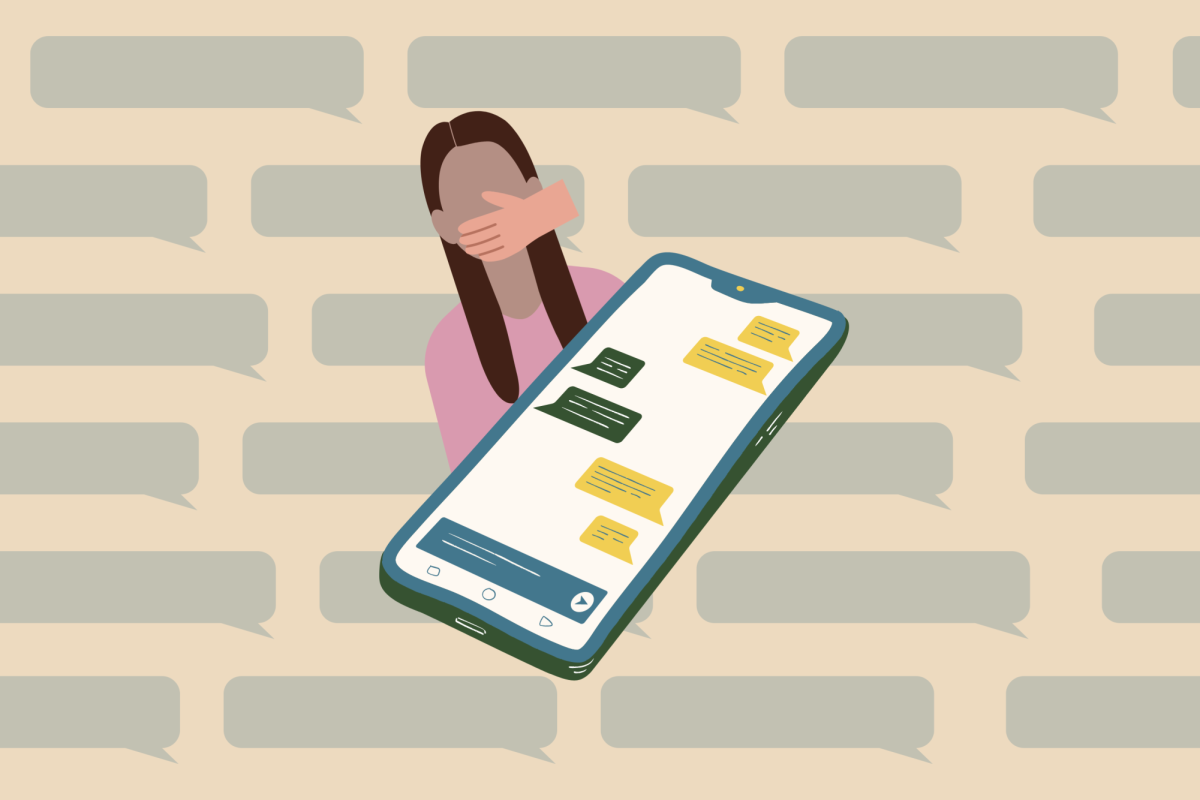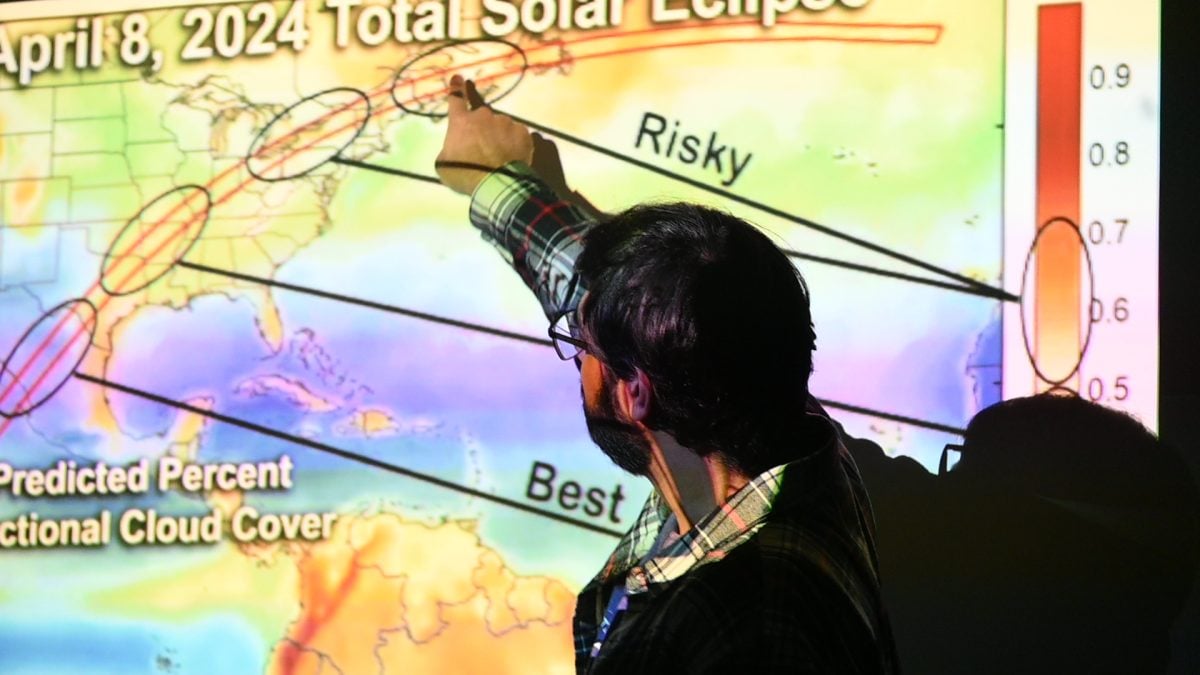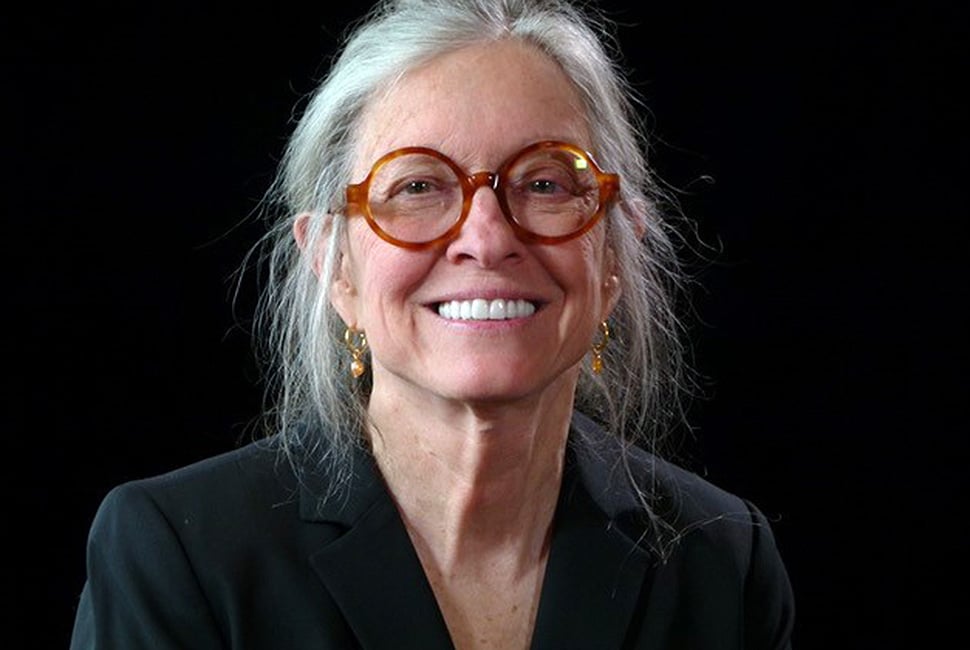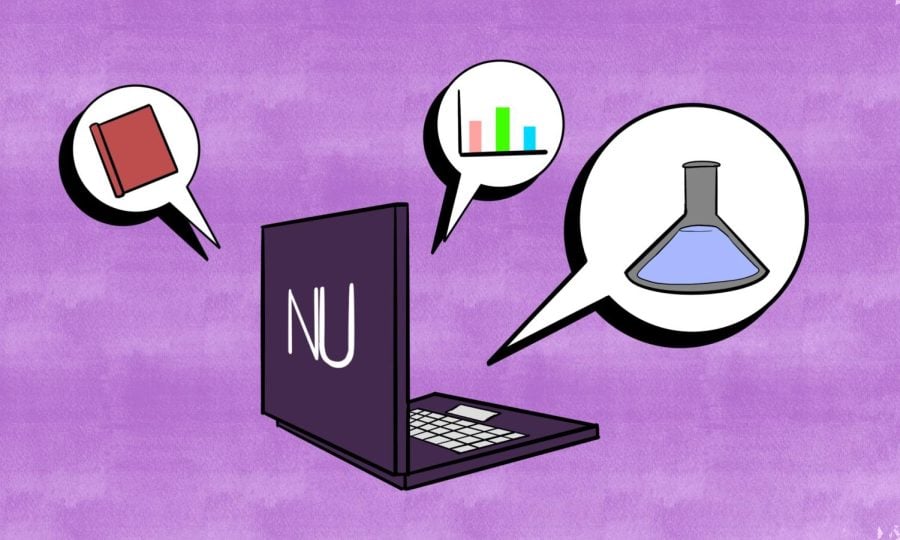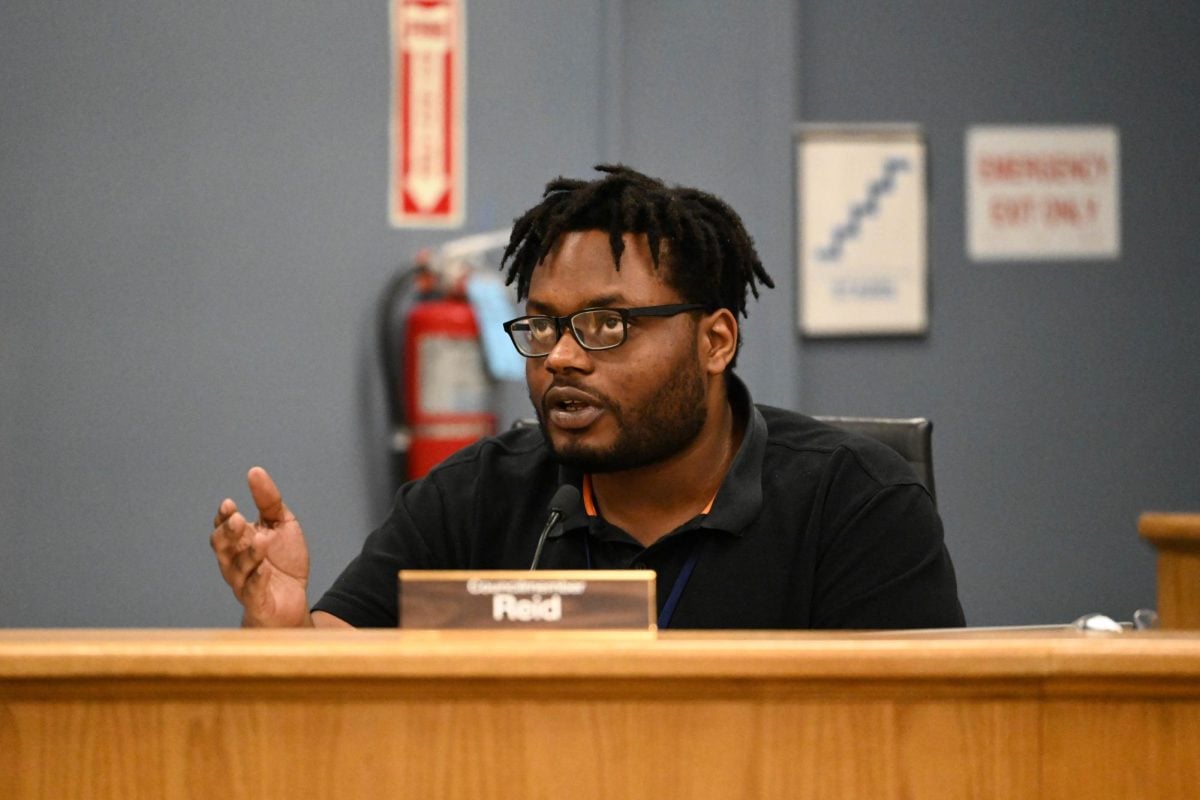Content warning: This article contains mentions of sexual assault.
Ending Technology-Enabled Abuse founder Adam Dodge spoke in an webinar about digital sexual assault for the first event of Northwestern’s Sexual Assault Action Month.
This year, CARE Assistant Director of Outreach and SAAM organizer Katelyn Kennon rebranded the month as Sexual Assault Action rather than Sexual Assault Awareness to emphasize taking action against sexual assault, rather than just being cognizant of it.
SAAM’s theme this year is “Our Bodies Belong to Us.”
“By focusing on bodily autonomy, we can make really clear the intersections between sexual health, sexual healing and survivor justice,” Kennon said. “In a culture like ours whereby body autonomy is kind of denied and revoked, particularly for marginalized people … that’s not a culture where consent is valued.”
Kennon said the month also connects to body healing and autonomy, because for many survivors, their body may feel as though it does not belong to them.
During the webinar, Dodge spoke about how behavior changes online, with most believing people behave worse online than in real life. Technology also enables digital flashing, image-based abuse and sextortion.
“Bad behavior doesn’t become acceptable behavior online,” Dodge said. “Just because you’re behind a screen doesn’t mean you can do things that you wouldn’t do to somebody’s face. Who we are online matters, and it reflects on the people that we are offline.”
Image-based abuse is often referred to as “revenge porn.” The latter inclusion of “porn” implies consent, but image-based abuse is often about the non-consensual sharing of intimate images online.
As artificial intelligence and technology develop, “deepfakes” also have become increasingly easy to make, no longer requiring time, expertise or a vast quantity of photos. These apps are often advertised to young people on social media like TikTok, according to Dodge.
“I refer to this as point-and-click violence against women,” he said. “There are no videos of men on here, it only works on women and girls.”
Dodge added that he thinks educating young people about these apps can improve the chances of them not using them, which will reduce usage of the technology that creates fake nudes.
He closed by talking about sextortion, which targets young men and boys on gaming platforms. Scammers will solicit nude photos and then threaten the person with releasing the photos publicly unless they are given a certain amount of money.
As a whole, Dodge talked about the importance of maintaining privacy on the internet and taking down photos and information about oneself.
Kennon said these issues are prevalent on campus, referring to multiple cases she has heard from students about online harassment.
“What is important to realize is that … this is something that can happen, basically, to anyone, although certain groups are more vulnerable, particularly women,” Kennon said.
This event is the first of many during SAAM, including collaborations with Sexual Health and Assault Peer Educators.
Co-President and Weinberg junior Sara Azimipour said SAAM helps the community members understand their role in making campus safer each and every day.
“It reminds us as a community that these things happen on our campus,” Azimipour said. “It shows us just how hard it can be for student survivors on campus not just during this month but always.”
Email: [email protected]
Twitter: @kaavya_butaney
Related Stories:
— Kaylyn Ahn discusses advocating for sexual assault survivors at NU











